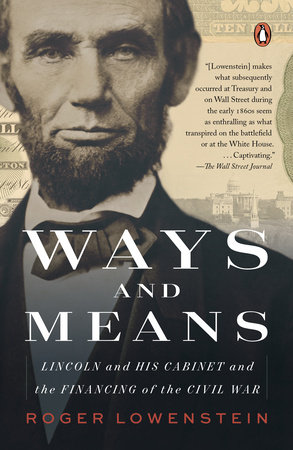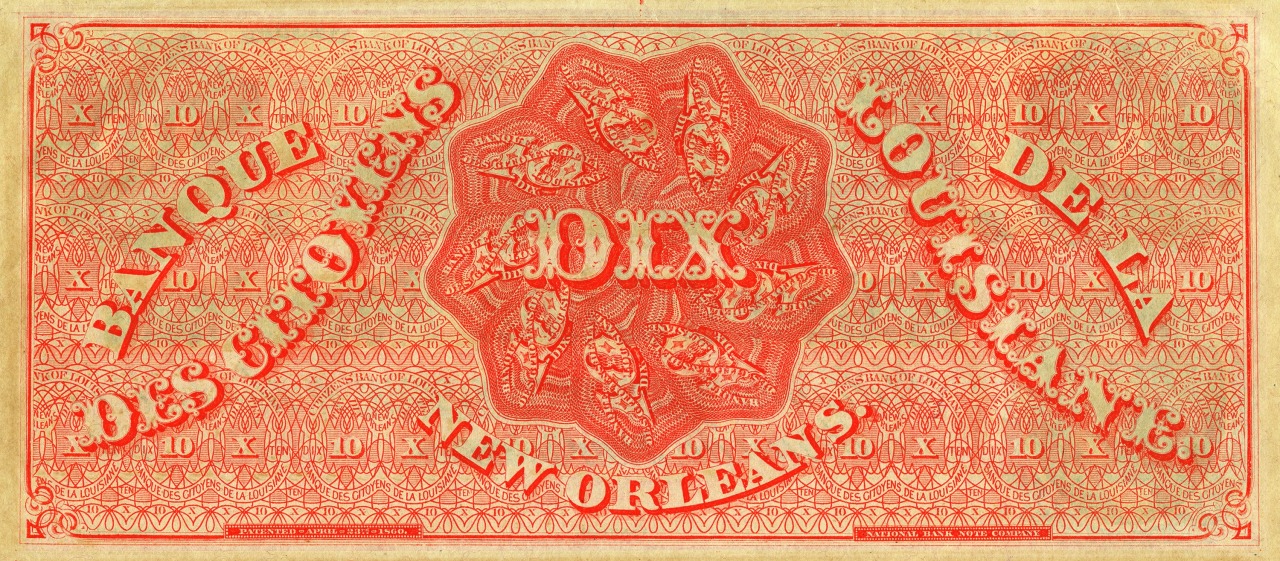Recently read a couple of books recommended on the History board.
El Narco - history of cartels and drugs in Mexico. Interesting book but about a decade old so a bit dated on current happenings. Still a good read.
Skeletons of the Zahara - good survival story about a crew of American sailors who crashed in Western Africa. Didn't realize how common it was for Americans to end up in slavery there.
El Narco - history of cartels and drugs in Mexico. Interesting book but about a decade old so a bit dated on current happenings. Still a good read.
Skeletons of the Zahara - good survival story about a crew of American sailors who crashed in Western Africa. Didn't realize how common it was for Americans to end up in slavery there.





